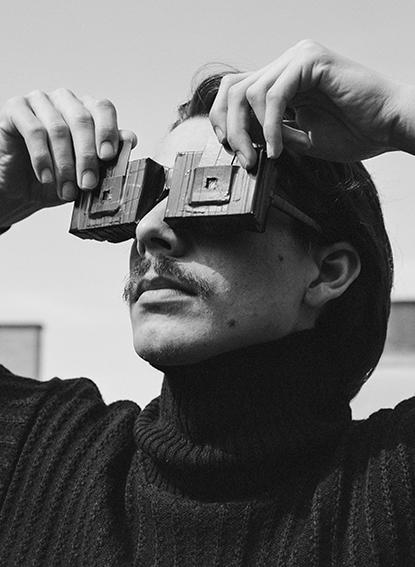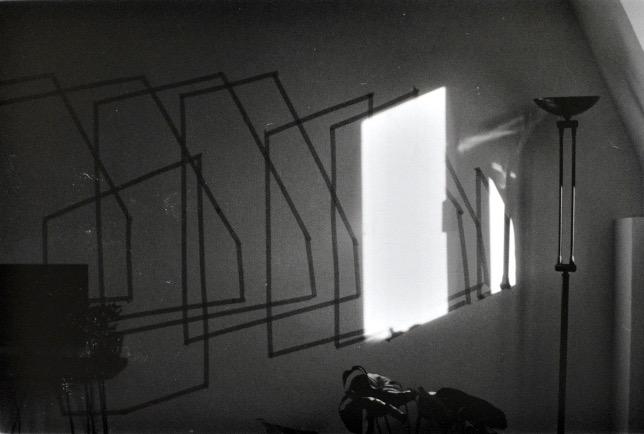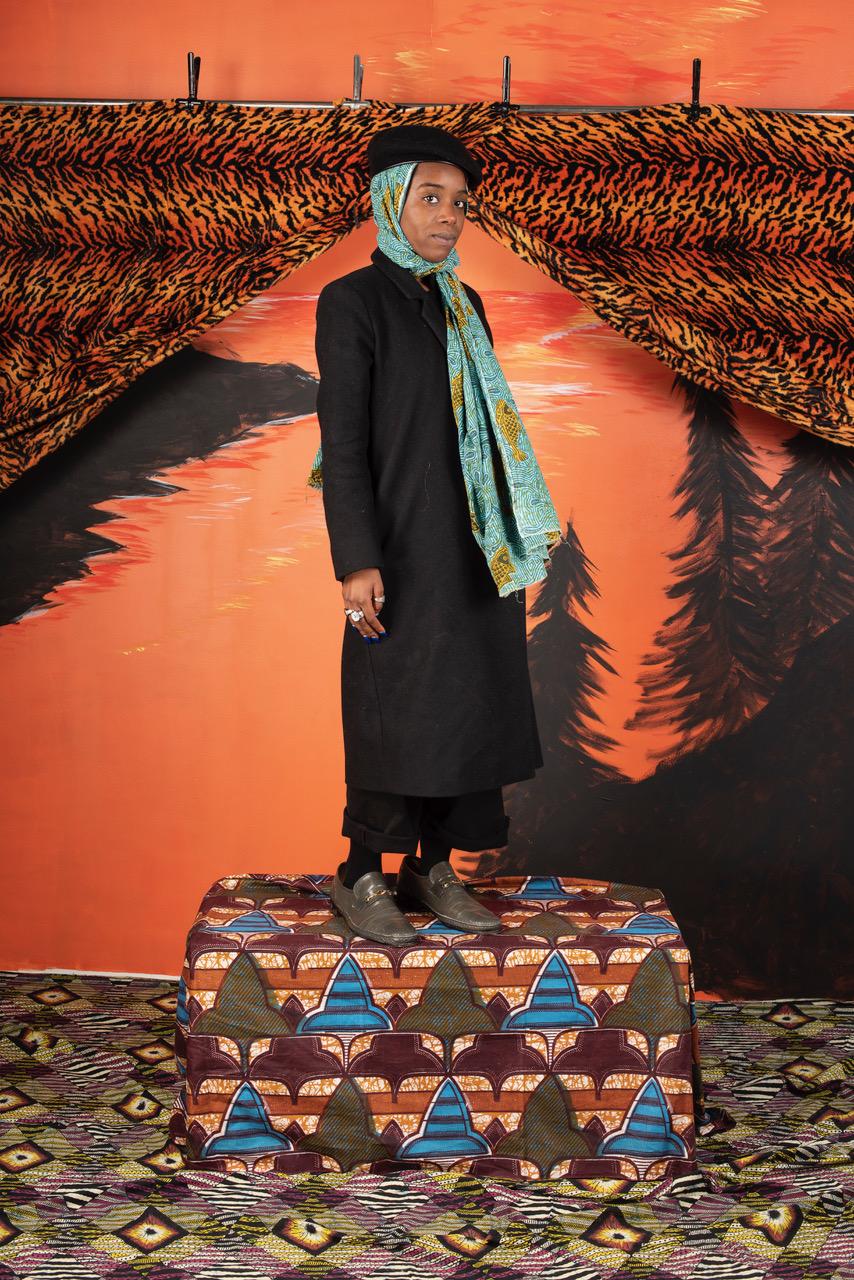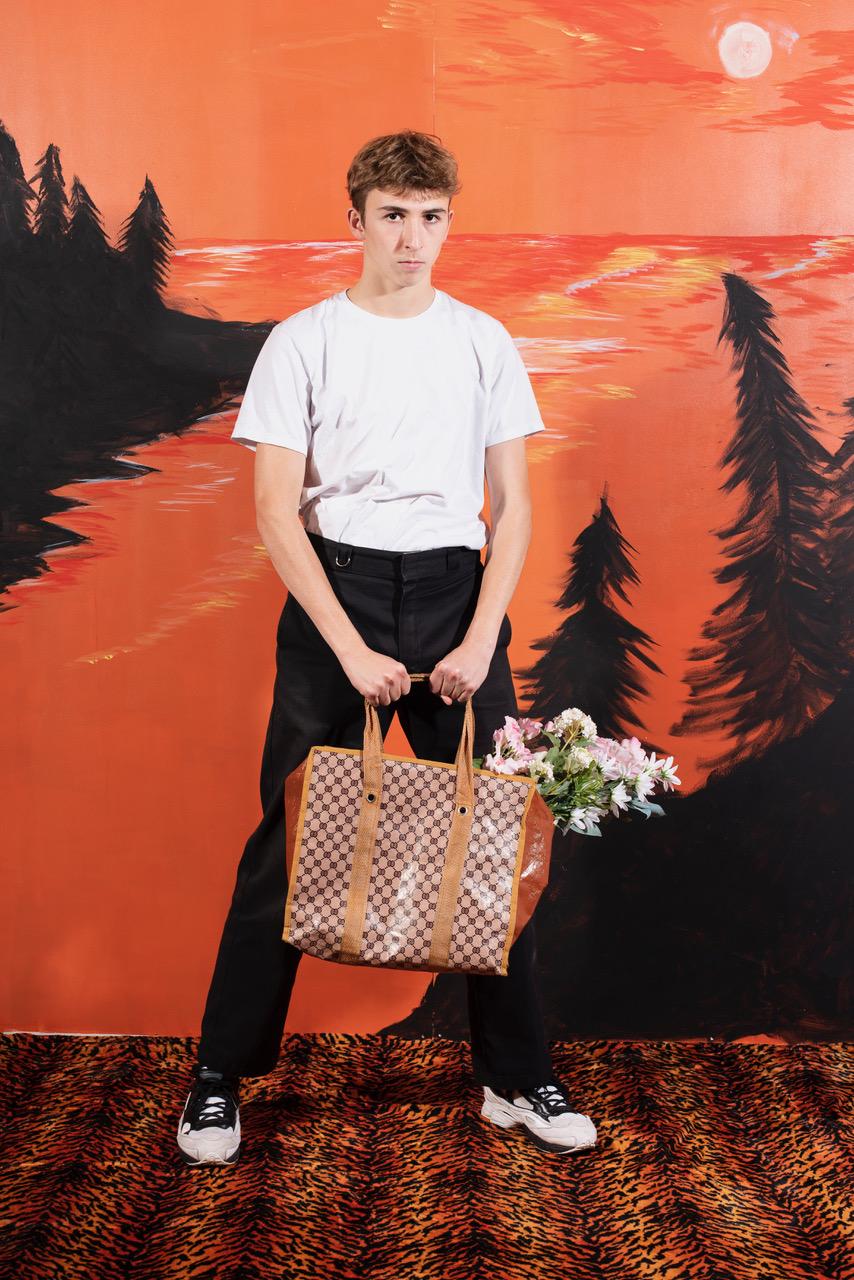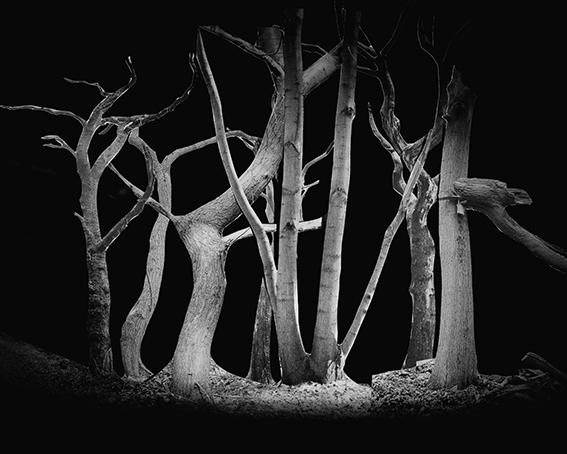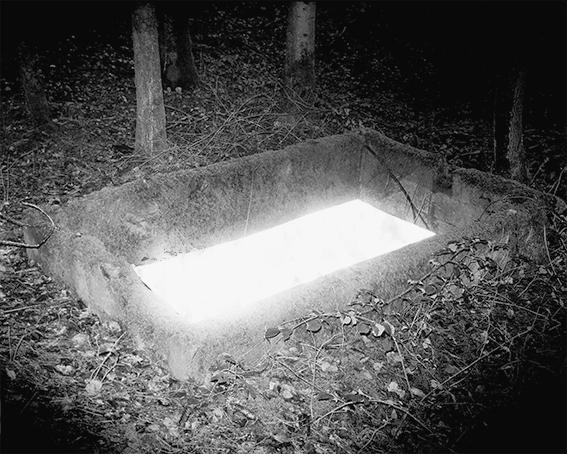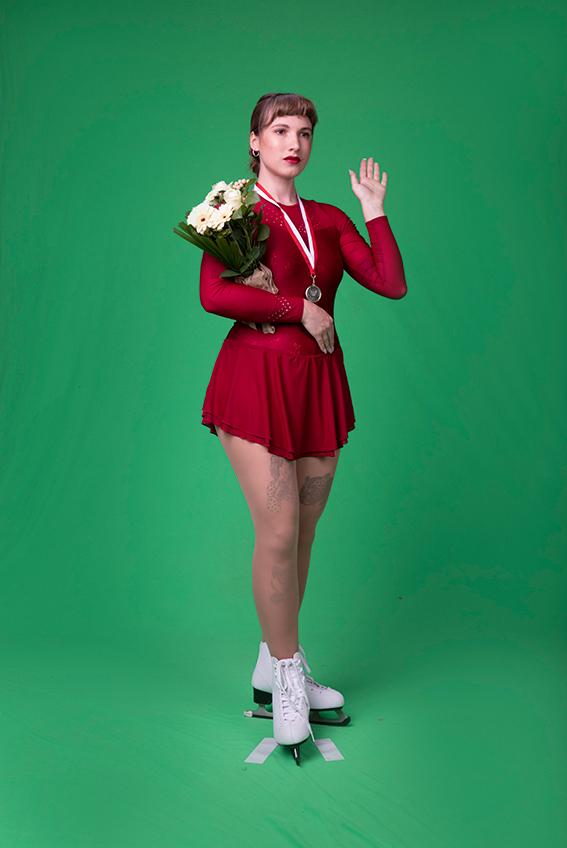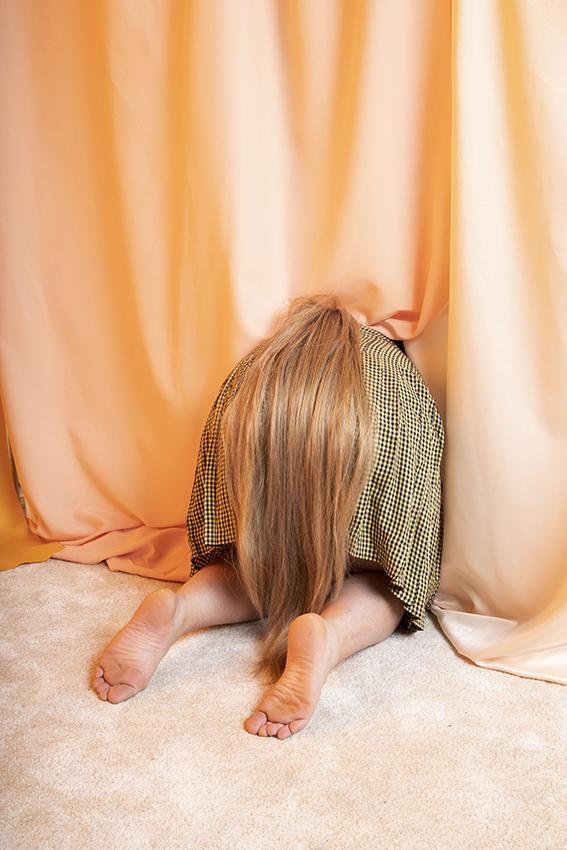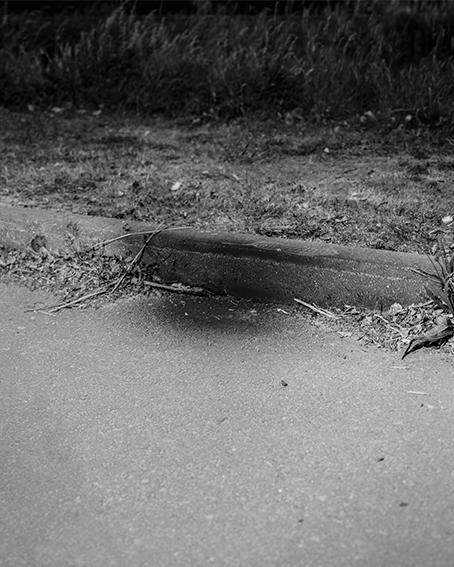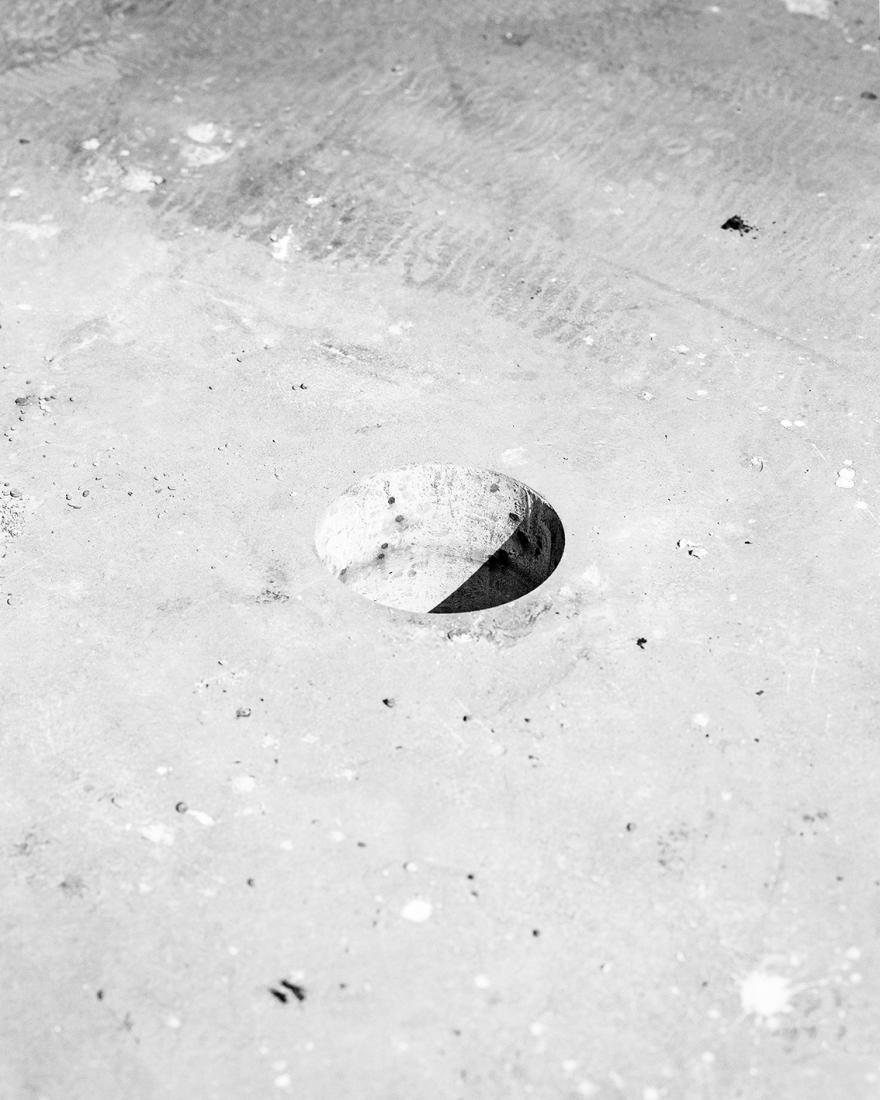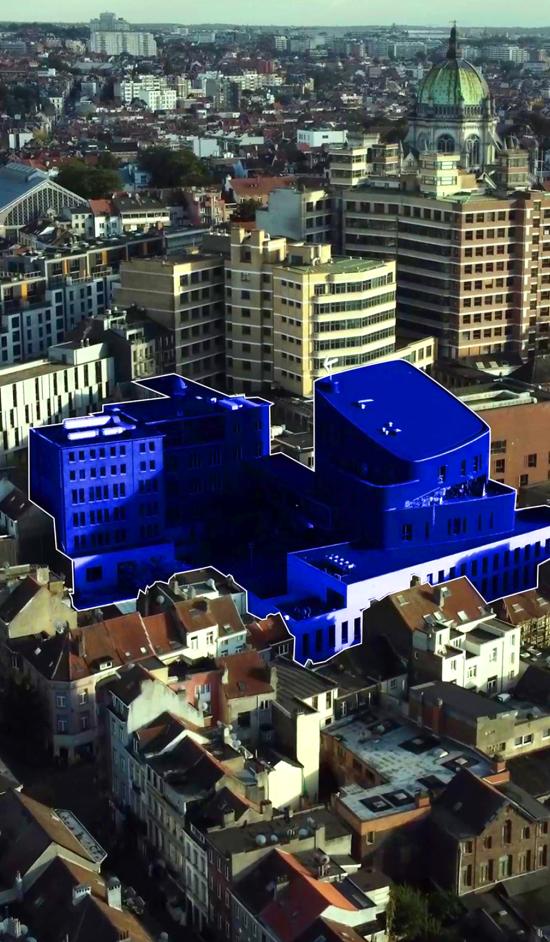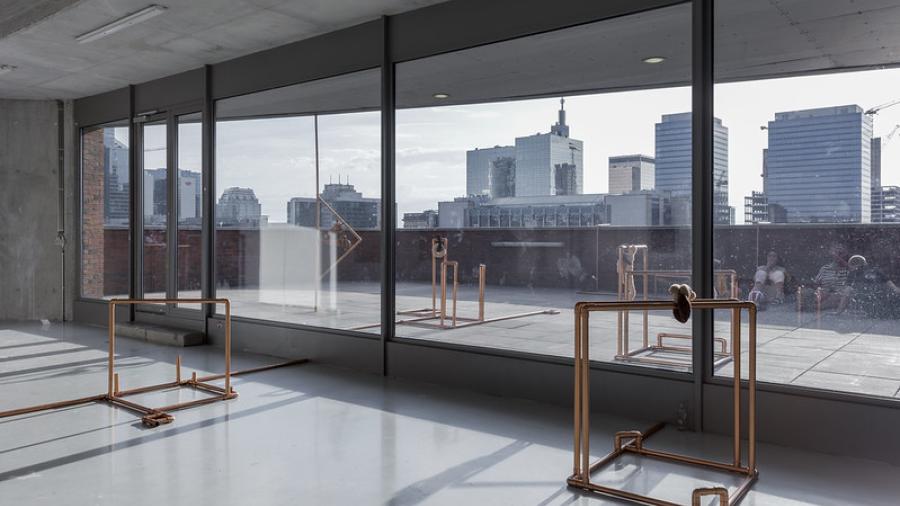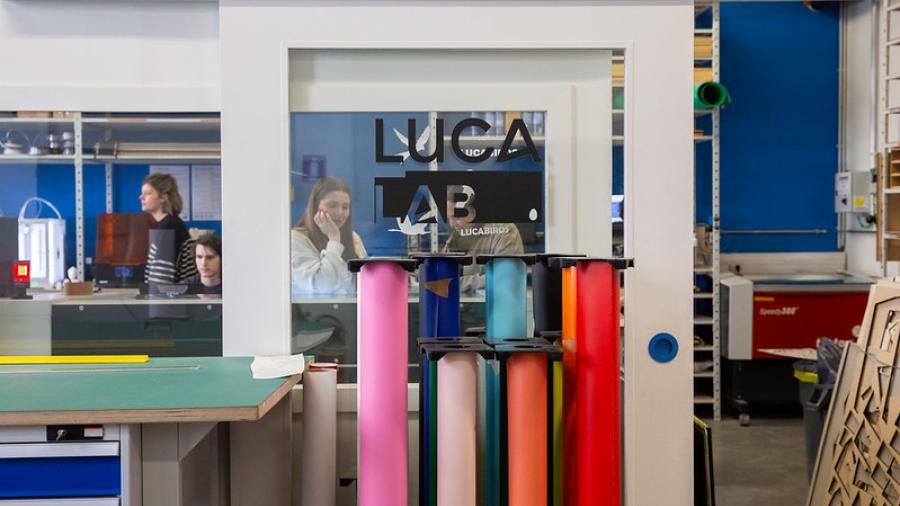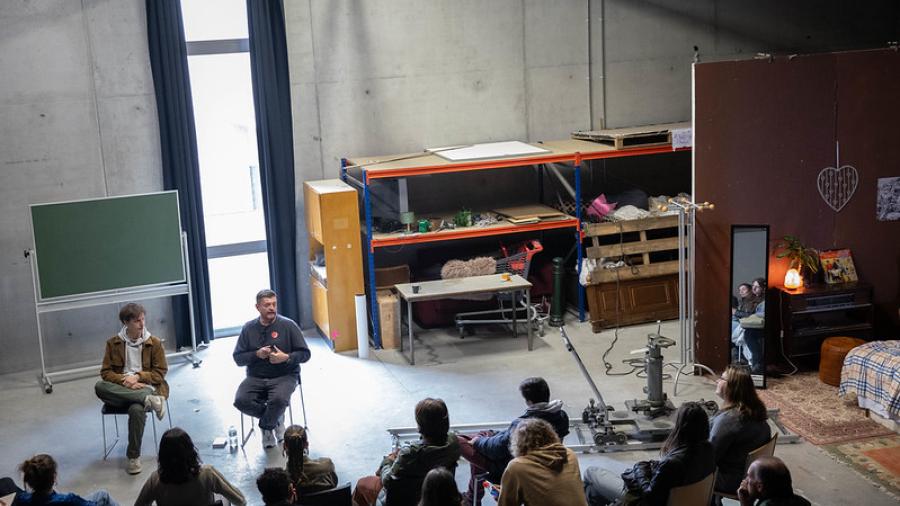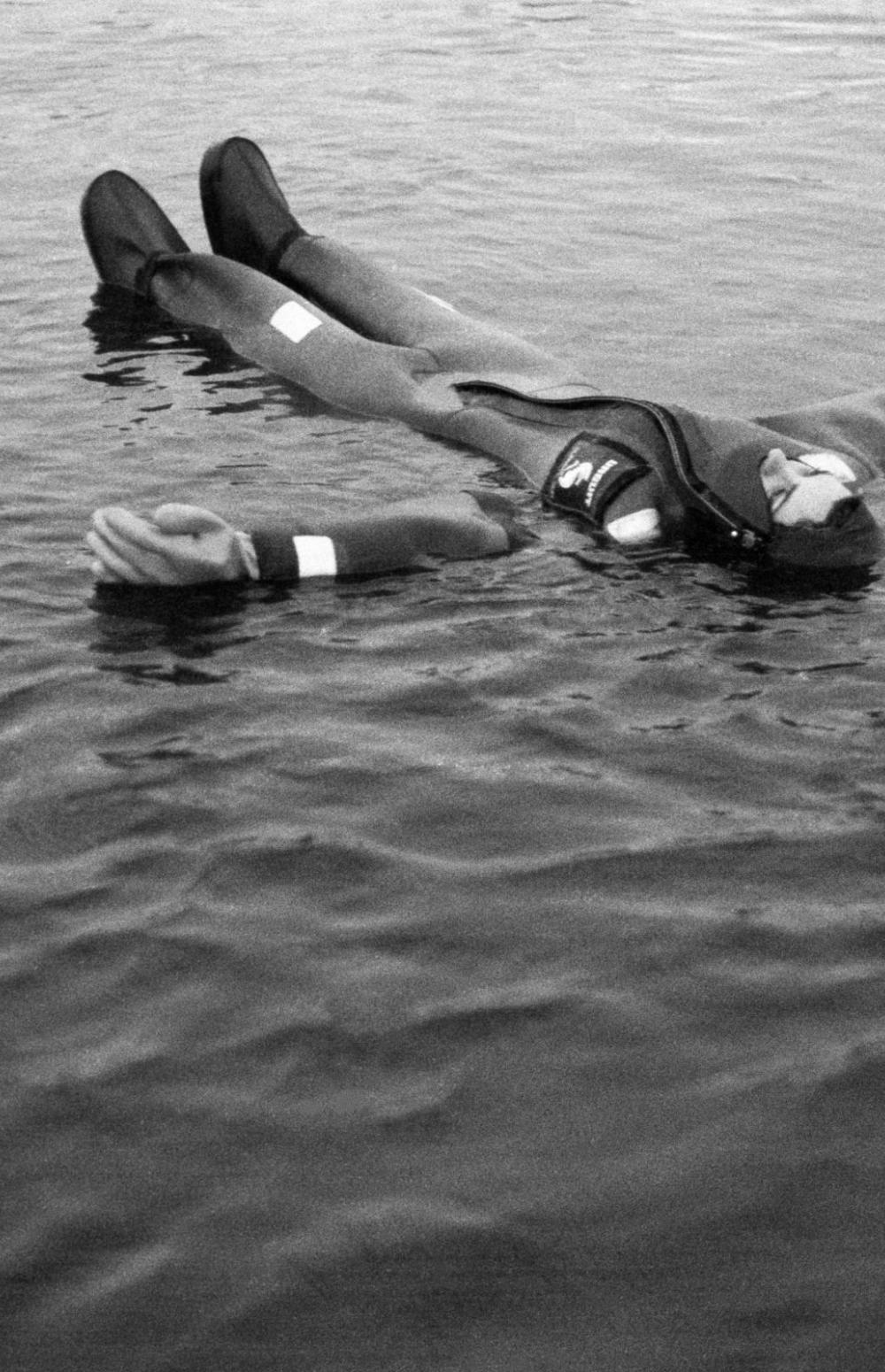
Campus Brussel / Sint-Lukas
Photography in Brussels
When choosing the programme in Photography taught at our campus Sint-Lukas Brussels, you'll be encouraged to deal with the photographic medium in an open and candid manner as goal to become an autonomous image-maker who uses his/her/its work to question the world and him/herself/itself.
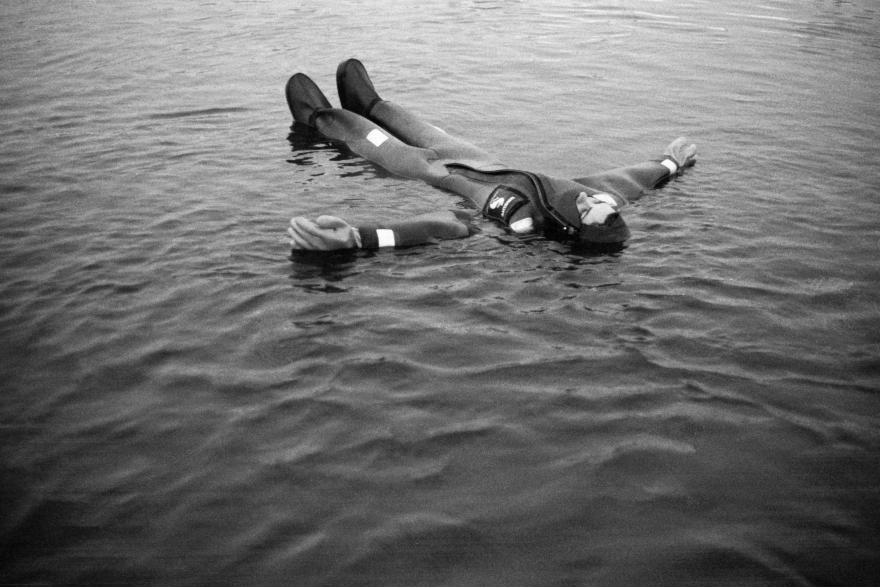
Programme for exchange students: Within this programme, the individual student’s interests and personal obsessions are central. Throughout the programme the necessary technical, artistic and intellectual skills to translate thoughts and ideas into images will be taught. The programme will challenge you to create images that question and radically reject conventional ideas. The academic Photography student is an innovative image-maker, not an executor.
In his/her practice, thinking and doing are not exclusive but complementary. You’ll learn how to deal with the complexities of the photographic medium. You’ll be challenged to discover and sharpen the own artistic motives and vision. You’ll acquire the necessary technical and artistic skills to use later as an artist, as a purebred photographer, or as a researcher.
You will be part of an international group of students in a multicultural metropolis. Our campus is situated within the dynamic context of Brussels. This diversity creates new avenues of thought and leads to a challenging artistic process. Surrounded by students from Belgium and abroad you'll be confronted by other realities that shift your boundaries.
Our campus has a studio specialized in analogue photography. With its extensive infrastructure, various cameras and expertise, it offers you a range of artistic possibilities. It is unique within the landscape of contemporary art colleges.
Programme for exchange students
Exchange students are welcome to join the programme in 3BA or exceptionally in the Master.
Exchange in the bachelor (3rd year): When exchanging in the first semester, in addition to a range of theory courses, you’ll be part of Our Studio Practice 3 (Printed Matter) and Time Based Media. If you exchange in the second semester, in addition to a range of theory course, you’ll be part of the Bachelorproef (Final Bachelor Project).
Exchange in the master: In addition to individual and group tutorials, you will follow specific theory classes as well as interdisciplinary seminars. You will actively follow the latest developments in the contemporary art scene, regularly visiting exhibitions with fellow students and meeting with artists, curators and other actors from the national and international scene. As a result, you will develop your critical-reflective outlook on the contemporary art world. In the Critical Practice course, you further develop your discursive and analytical skills. This will help you to improve your level of reflection on the context and practices of contemporary art.
A good command of English (level B2) is required to make the most of your stay with us.
Interested in this course?
All Erasmus+ Exchange Students need to apply via the exchange application procedure of LUCA School of Arts. During your application process, you can indicate the LUCA campus of your choice and the exchange programme you wish to apply for. Notice that not all programmes are open for incoming exchange students in both semesters. An overview can be found here.
- The deadline for the Autumn Semester / full year is April 1
- The deadline for the Spring Semester is October 1
Outcome Exchange Application
The outcome of the application can be expected within 4-6 weeks after the application deadline. Both you and your international coordinator will be informed about the result of your application by e-mail. No need to inquire about the outcome yourself.
Where do you have class?
Facilities & campus life
Campus Sint-Lukas Brussels
Paleizenstraat 70
1030 Brussels
+32 2 250 11 00
An international campus and an added value to your programme
- A modern and open campus in one of Europe's foremost artistic hubs
- Studio's and workshops, a state of the arts lending service, high tech print rooms …
- A creative community with four educational institutions and over a thousand artist and designers
- An art library renowned for its collection in the country
- At walking distance of the Brussels North railway station
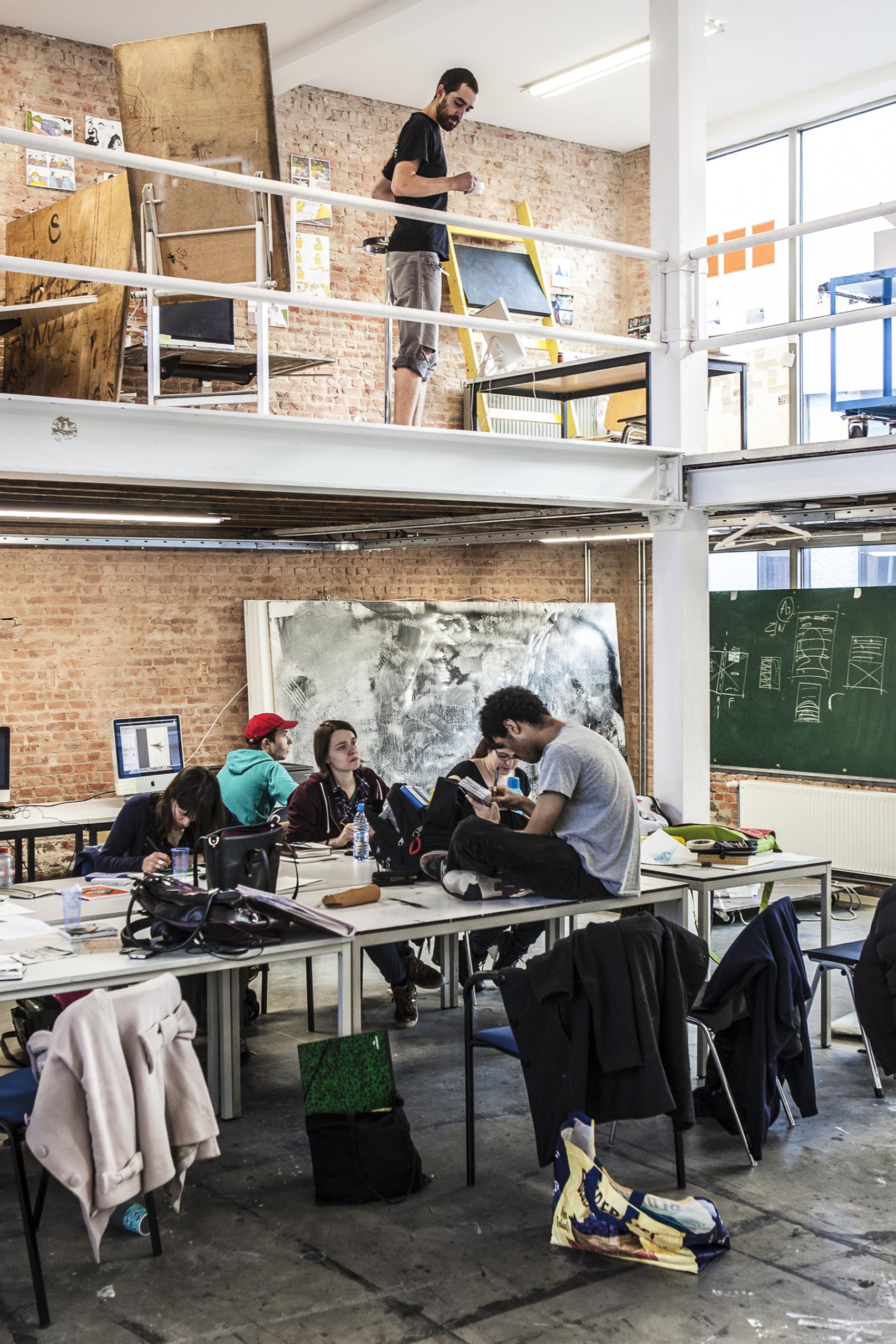
Contact
If you need more information, don't hesitate to contact me:
- Bettie Smets, International Coordinator campus Sint-Lukas Brussels and Narafi Brussels
- bettie.smets@luca-arts.be
- Tel: +32 2 308 27 62
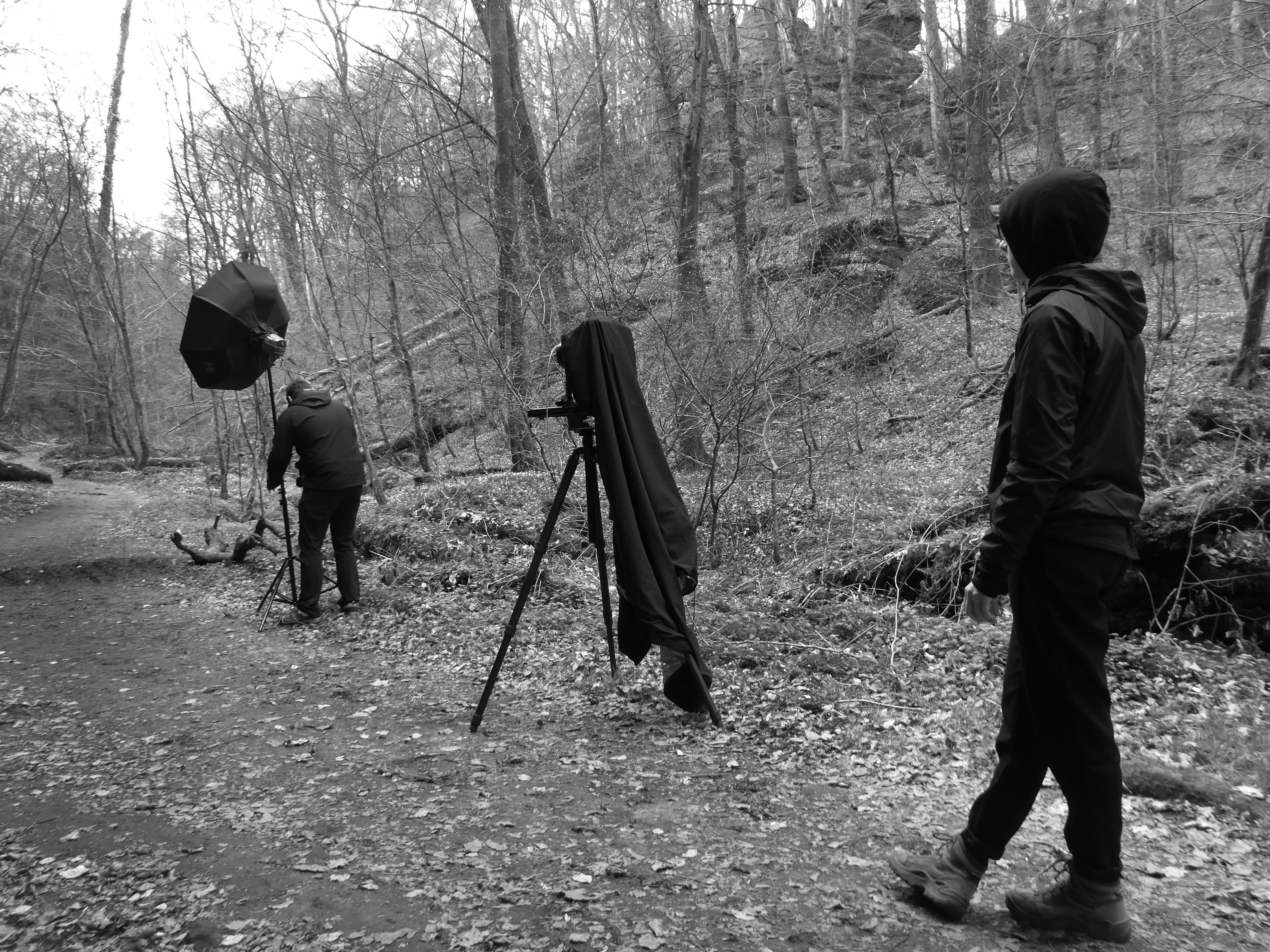
At LUCA we attach great importance to the quality of our courses
If the basic principle of the policy plan means that 'quality is our driving force', and that every aspect of the policy can be tested against this, then LUCA undeniably wants to develop and nurture a strong quality culture: a culture that leaves based on trust in people with talent and expertise, and which is aimed at valuing, inspiring and improving.
The formal quality framework for training within LUCA was named KOPERA, which stands for: Critically Analyzing the Quality of Training with Peers in Own Direction.
For KOPERA, LUCA starts from a vision of quality care that is based on trust and aimed at valuing, inspiring and improving.
During the six-year KOPERA cycle, each training course receives a panel of critical friends who examine the implementation of the quality characteristics and examine how the training contributes to the general LUCA policy.
The final element of KOPERA is the ultimate assurance of training quality. The key question is: "Does the program have a good quality culture that follows the 'plan-do-check-act' circle?"
LUCA publishes a quality sheet for each course. You can find this on the Education Quality page.
Visit us
Are you curious about our approach to art education? During our open days, you will get all the information you need, visit the campus, talk to our teaching staff and students ... Still not convinced? Visit our graduation show! During this, on-campus two-day art festival you can experience first hand how good our students really are.
During your program you will be coached by a diverse and enthusiastic team of teachers. Their strength is that they themselves are photographers, visual artists, writers or curators active in the field of contemporary art and photography. Ana Torfs is participating in group exhibitions at the Gemäldegalerie of the Akademie der Bildenden Künste in Vienna: History Tales, Fact and Fiction in History Painting (until May 26, 2024) and at Z33 in Hasselt: This is Us (until Feb. 18, 2024). Aglaia Konrad has a solo exhibition, entitled Kammerspiel, at MuZee in Ostend as part of the Ostend Photobiennial. In Spring 2024, Danny Veys will publish his artistic guide, The flax canoe floats on the golden river. This publication reflects one year of delving into the flax past as a resident at Texture, Museum of Flax and Textiles in Kortrijk. Since 2022, Sarah Van Marcke is working on a long-term project on nature reserves, for which she has been on a staggered artist residency in the UK, near Leeds. She is also working toward a solo exhibition at the Botanique in Brussels in 2025. Violet Art Space in Antwerp brings the solo exhibition Privétuin of Sine Van Menxel (Sept-Oct 2023), and Valerie_traan gallery will open its dépendance in Ostend, Valerie_troost gallery, at the end of November 2023, with a duo exhibition of Sine Van Menxel and Charl Van Ark. Els Opsomer is working on her doctorate in the arts, - I see, I see what you don't see - On the visible invisible in times of 'global' terror, to be presented in 2025. Liesbeth Decan is curating an exhibition on the Belgian-Polish artist Tapta at Muzeum Susch in Switzerland (July-November 2024) and is co-editor of the accompanying book on Tapta, published by Hatje Cantz.
Next to professors Liesbeth Decan, Jan Theo de Jager, Aglaia Konrad, Melanie Matthieu, Hana Miletić, Wendy Morris, Els Opsomer, Ronny Smedts, Ana Torfs, Mitja Tušek, Kris Van Beek, Seppe Van Craywinkel, Sarah Van Marcke, Sine Van Menxel and Danny Veys you will meet other artists and curators during guest lectures and workshops.
